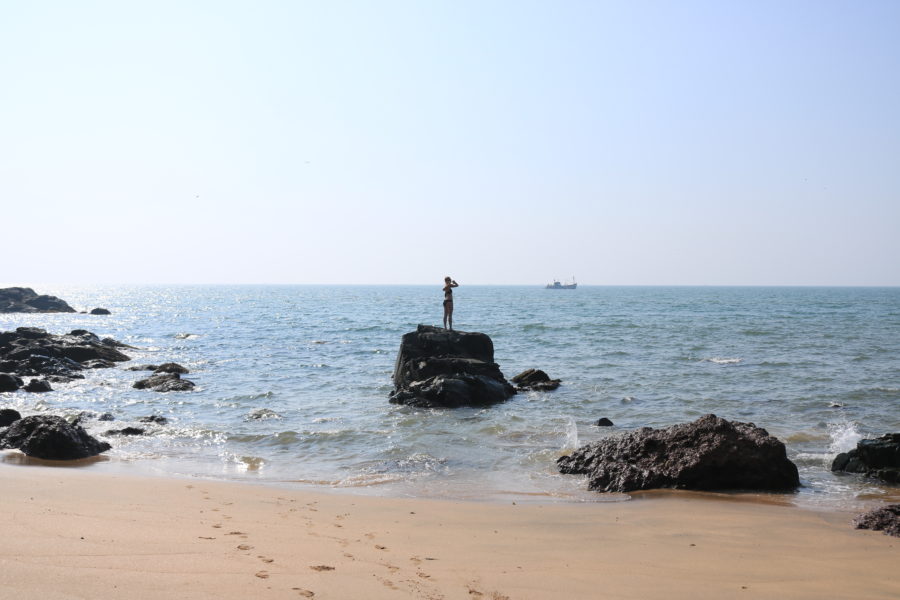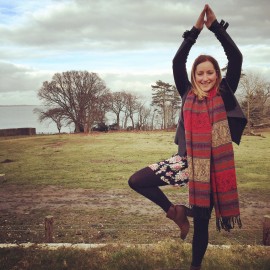Is Solitude Important for Mental Wellbeing?
Is Solitude Important for Mental Wellbeing?
There are two people in life; those who crave solitude and those who thrive off being with other people. Or at least so they say.
We all know those people though don’t we. I have a friend who loves his own company so much so that i’m not sure he even actually likes other people. He feels solitude is crucial for his mental wellbeing. But then I have another who would respond to the threat of a day on his own by heading down the pub with every friend he could muster. His opinion? Solitude is the minds nemesis.
Of course in life no one can remain in these extreme positions. Sometimes we’re on own and sometimes we’re not and really it’s balance isn’t it.
As humans we definitely need connection with other humans; Recent research by psychology today shows that
‘People who feel more connected to others have lower rates of anxiety and depression.’
But in a world where we are constantly connected, are we having too much of it? Are we lacking that important element of solitude for mental wellbeing?
Some people argue solitude is important for our mental health, because if we spent more time taking moments of solitude we would learn to understand ourselves better, be less reliant on others for self-worth and generally be happier within our own minds. Oscar Wilde famously said,
It’s very healthy to know how to be alone, you need to know how to be alone and not be defined by another person.
Yet what about those people who aren’t so great with their own company, like my dear ‘pub friend’ ?
I’ve spoken to a lot of people on this topic and spent a long time meandering through my own experience on whether solitude is important for mental wellbeing and I’ve identified what I believe is the key to the effectiveness of solitude for our mental wellbeing:
1. CHOICE
Choice is freedom and freedom is medicine for the mind.
Saying I have chosen to go off hiking on my own is very different from knowing you have got a week on your own due to lack of available companionship.
As I write this, I have chosen to spend the next few days on my own. I have a lot of work to do, which of course is a big distraction, but no people to see, no social obligation to fulfil. I’ve made the choice after several weeks of socialising, that I need some time to reserve my energy and be present with my own thoughts. So being that it is a choice, means I know why I am doing it, why I need it for my mental wellbeing. It’s pro-active decision. It’s a decision of free will.
2. AWARENESS
a) Awareness of the process
An instant risk of solitude, (which is probably why some people try avoiding it all together), is it can be pretty exposing to those negative or self-critical thoughts.
So for example, today my inner critic has been saying ‘come on it’s the weekend shouldn’t you be planning on doing things and seeing people’ and ‘everyone else will be spending time with their partners, family or friends. Why aren’t you.’
Now because I made a choice to have some solitude these negative thoughts are a lot easier to ignore. BUT it’s also easy for me to challenge these thoughts because I am fully aware of this process, I’m practised at it. Just because the inner critic is present it doesn’t mean the choice I have made to spend time on my own is wrong. It’s just my mind playing its game like it always does and I know because i’ve done this before, that my mind will feel better for it.
If we were to all respond to the negative rhetoric of the mind, nothing would ever be achieved.
Instead, by practising moments where we might be more vulnerable to these thoughts, we become more aware of the pattern are mind takes and therefore much more resilient in managing it, ignoring it, or accepting it. The more you practise anything in life, the easier it becomes.
b) Awareness of what you truly need
This is what it’s all about. It’s not about whether you categorise yourself as a person who needs other peoples company or doesn’t. It’s about being aware of what you need in each unique moment. Yes, you may be someone who likes other peoples company; but recognise that other people do take up energy and we all need moments to re-charge. If you’re feeling drained and you’ve been spending time with people a lot, be aware of this and respond by scheduling in some solitude and visa versa.
An awareness of what you need as an individual is one of the most important steps in caring for your mental wellbeing and sometimes it can take a bit of digging to really connect with what you’re mind is needing. It means not reactively responding to the surface fear or anxiety, but instead digging a little deeper.
Which brings me to the final key factor, commitment.
3. COMMITMENT
Commitment to yourself
I think we can all agree, this is key to all mental wellbeing. Your mental health will suffer if you don’t make a commitment to yourself to look after it and that can be bloody hard because self-care isn’t always taking the easy route. Yup, sorry to disappoint.
Sometimes it’s doing things that feel natural and comfortable to you in order to soothe the mind, but other times its about putting yourself in positions where you’re exposed, where you’re challenging yourself, putting yourself out of your comfort zone. Because by doing this you come out feeling stronger, more confident and with an almighty sense of achievement.
So to conclude, is solitude important for mental wellbeing? Yes 100% but at the right time and in response to the right need.






